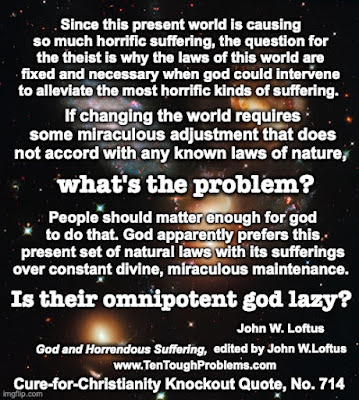If Part I is correct, that Paul lived and wrote in the 1st century BCE, the implications are immense. [For Part 1 see Tag "Reassessing Paul"] What would it mean? Here is a suggested paradigm for understanding Paul in an entirely different context. Does the shoe fit?
THESIS 2: PAUL WAS A RANKING (NAVAL) MILITARY MAN WRITING TO SOLDIERS AND THEIR FAMILIES.
Teaser: John Dominic Crossan wrote, "There was a human being who was called 'Divine,' 'Son of God,' 'God,' and 'God from God,' whose titles were 'Lord,' [sovereign] 'Redeemer,' 'Liberator,' and 'Saviour of the World. Most Christians probably think that those titles were originally created and uniquely applied to Christ. But before Jesus ever existed, all those terms belonged to...” [See below for the answer].
To review PART I: Paul likely lived and wrote in the first century BCE, and was likely a combatant or agent involved in the Jewish civil war. His incidental terms and people, as mentioned in his letters, seem to be consistent with a timeline in the 40’s to 30’s BCE. If this chronology is correct, Paul would never have heard of Jesus of Nazareth and couldn’t have been writing to Christians as we would recognize them.
Since I am suggesting that Paul was writing in a military context, I will list some straightforward facts about the Roman military of the time as background for how Paul might fit in:
Recently I participated in an online debate on an omni-god and suffering. My Catholic opponent mostly quoted from the Bible and Church fathers. Like so many others he had a strategy of nitpicking and using up my time in the cross-examination. Here are my opening and closing statements.
My 10 minute Opening Statement:
Believers will argue that not even a god could create a world without some minimal level of suffering in it. But what about the amount of horrific suffering that exists? That’s my focus.
Here’s the problem: If a god exists who is all-knowing, all-powerful and perfectly good, then the amount of horrific suffering in our world needs an explanation. Either this god isn’t smart enough to eliminate it, or isn’t powerful enough to eliminate it, or doesn’t care enough to eliminate it. The reason is that an all-knowing god would know how to eliminate it, an all-powerful god has the power to eliminate it, and a perfectly good god would want to eliminate it.
For the sake of argument what if such a god exists?















